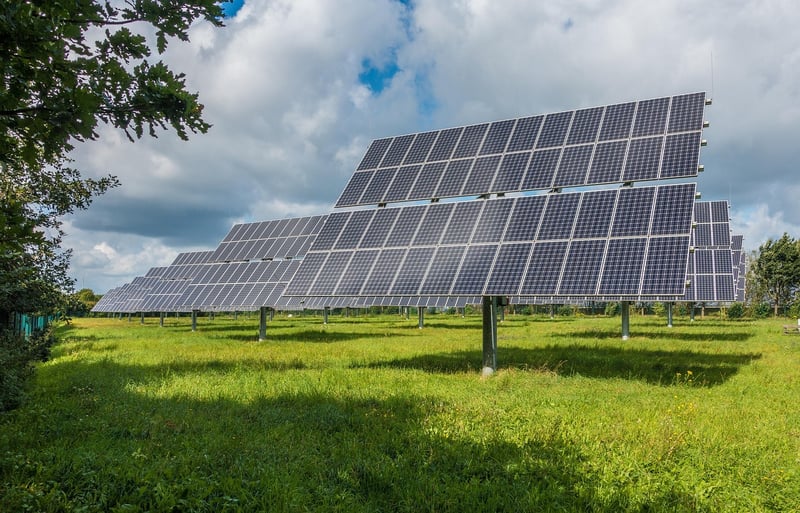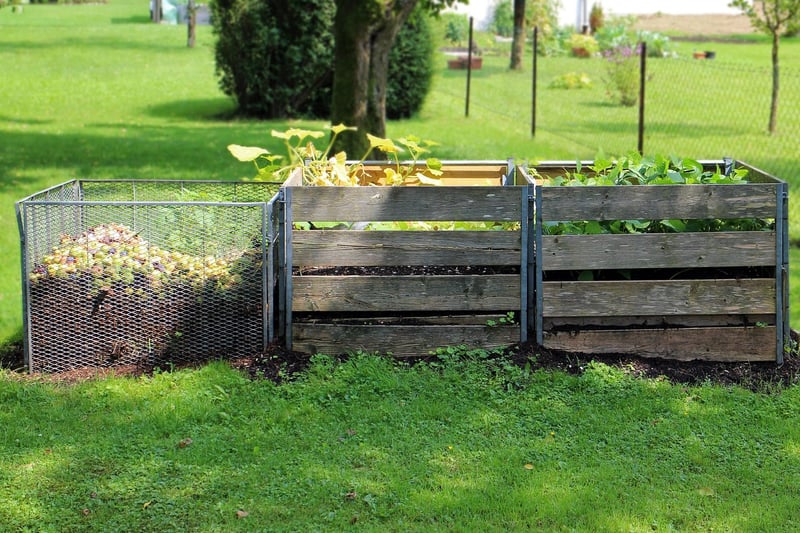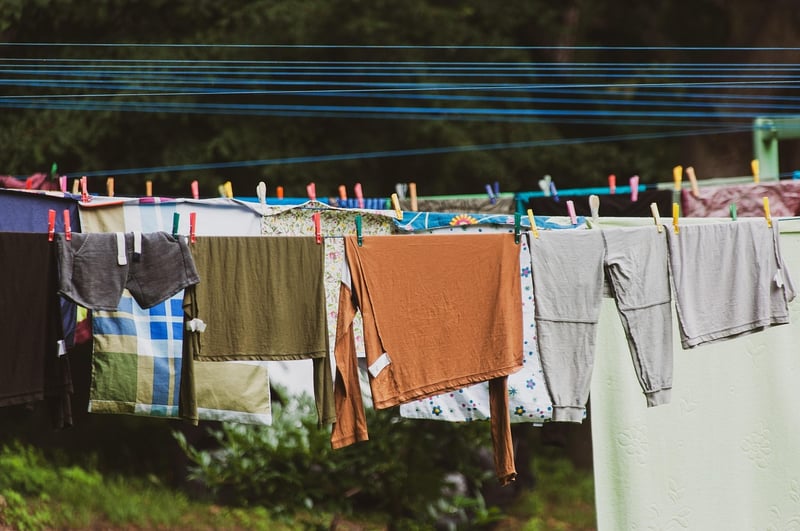Sustainable Home Practices
Guidance on Sustainable Living Choices
Introduction
Welcome to our guide on making sustainable living choices. In this article, we will explore various practices that can help individuals contribute to a more sustainable future.
Why Choose Sustainable Living?
Sustainable living focuses on reducing our environmental impact by making conscious choices that minimize waste and promote long-term ecological balance.
Key Sustainable Living Choices
1. Reduce, Reuse, Recycle
One of the fundamental principles of sustainable living is to reduce waste. By opting for products with minimal packaging, reusing items, and recycling materials, we can significantly decrease our carbon footprint.
2. Energy Efficiency
Conserving energy at home by using energy-efficient appliances, LED lighting, and properly insulating your living space can lower your energy consumption and reduce greenhouse gas emissions.
3. Water Conservation
Reducing water wastage by fixing leaks, installing water-efficient fixtures, and practicing mindful water usage can help preserve this precious resource for future generations.
4. Sustainable Transportation
Opting for public transportation, carpooling, cycling, or walking whenever possible can help reduce reliance on fossil fuels and lower emissions that contribute to air pollution.
5. Supporting Sustainable Products
Choosing products that are ethically sourced, made from sustainable materials, and produced using eco-friendly practices supports companies that prioritize environmental sustainability.
Sustainable Home Practices
1. Solar Panels
Installing solar panels on your roof can harness the power of the sun to generate clean, renewable energy for your home.

2. Composting
Setting up a composting system in your backyard can help reduce food waste and create nutrient-rich soil for your garden.

3. Rainwater Harvesting
Collecting rainwater in barrels can provide a sustainable water source for gardening and other non-potable uses.

4. Energy-Efficient Appliances
Upgrading to energy-efficient appliances can reduce electricity consumption and lower your utility bills in the long run.

Conclusion
By adopting sustainable living choices and practices, individuals can make a positive impact on the environment and contribute to a more sustainable future for all.
